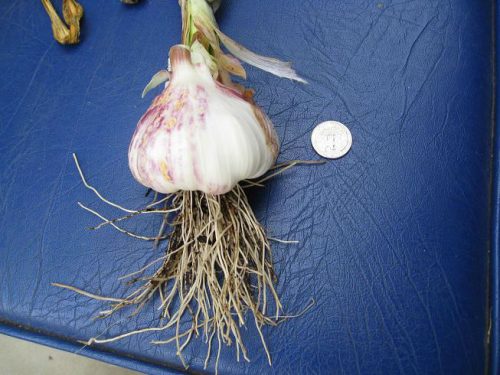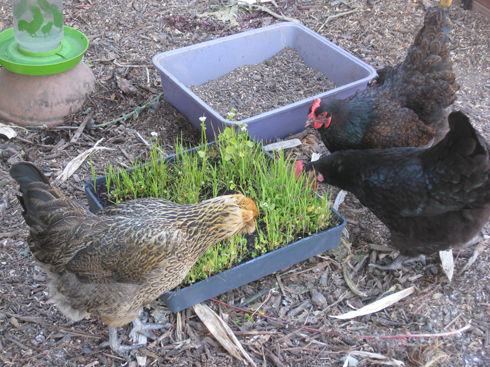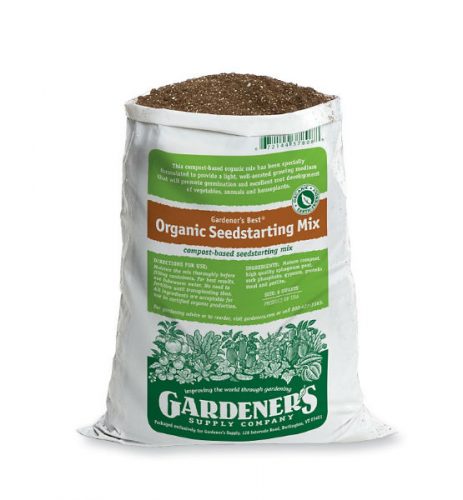An intriguing question came in last week:
“Dear Gardenerd, I just planted my garden and am looking forward to summer
harvests, but wanted your advice on my zucchini. Last year, in the
middle of summer, the leaves turned gray and the plants eventually
died. None of my other veggies were effected, but this also happened
the year before last as well. Is there anything I can do to avoid this
transpiring? thanks so much, Pascal“
Not that this is an answer to your question, but I have to commiserate and say that last year was a rotten year for squash in my neck of the woods. I got reports from all over the country where people were having trouble getting their zucchini and crooknecks to pollinate and set fruit.
Let’s see – powdery mildew doesn’t usually kill the plant, just makes it unsightly and leaves die off slowly. It could be that you had an attack of Angular Leaf Spot, or possibly some kind of squash vine borer or root maggot. It’s hard to know without more details.
The first thing to do this year is to make sure you plant your squash (and all curcubits for that matter) in a different spot than last year. Curcubits include cucumbers, melons, squashes, gourds and loofahs. These plants need to be rotated from year to year, to different spots in your garden. Reason being there are many air and soil-born diseases that attack curcubits. If one of these diseases gets in the soil, it will return the following year. In organic gardening, we use crop rotation to help combat this problem.
There are two additional solutions that I’d like to offer to help with this year’s crop:
Copper Spray – it’s serious stuff, but it is legal to use in organic gardening. Use copper spray sparingly and follow instructions carefully so as not to burn your plants. It really helps as a preventative measure against airborne fungi, but you have to use it before you see signs of damage.
Floating Row Cover – for those vine borers. Eggs are laid by moths that fly in and out as your young plant develops. Covering the plant while it is young before it flowers (uncover during flowering to ensure pollination) will help prevent the moths from laying eggs on the plants.
If you’ve already planted your zucchini in the same spot as last year, keep an eye on it for infection early on and pull it out at the first sign.
I hope this helps, please keep us posted on your results. Thanks for writing in.




If one of these diseases gets in the soil, it will return the following year. In organic gardening, we use crop rotation to help combat this problem.